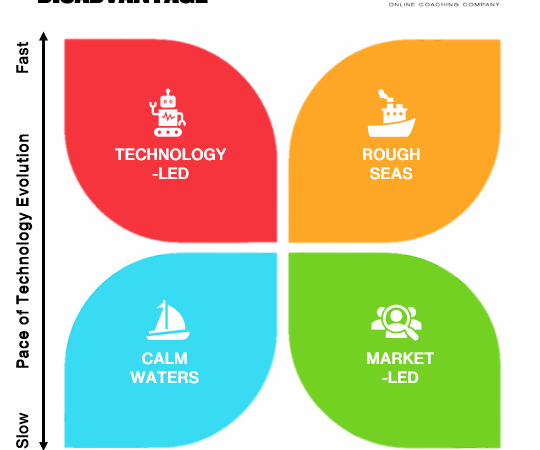I haven’t bought a lottery ticket in years – but that’s because I’m already rich. I don’t think it’s fair to universally claim that playing games of chance is bad financial planning.
There are three reasons why buying a lottery ticket is good financial planning.
1. Expected Value
The homo economicus view on lottery tickets is that “1 in 60 million” is so close to “0 in 60 million” that you’re better off saving your $10.
However, it’s possible for the expected value to be greater than 1. Let me explain that, using a simpler example – the meat tray raffle I won at All Inn Brewery recently!
The meat tray was worth $100 (and including only food that my family would otherwise have to buy). I could buy 10 tickets for $10, averaging $1 each.
Now say there were 1,000 tickets sold – for $100 prize, that puts the expected value at ($100 / 1,000 =) 10 cents each. Paying $1, instead of 10c, would have been a poor calculation.
But looking around the bar, I knew there wasn’t going to be 1,000 tickets sold. In fact, I figured they’d be lucky to sell 50 tickets. Suddenly the expected value was ($100 / 50 =) $2 each. I was paying $1 for a ticket valued at $2! Bargain!!
In this situation, the best outcome for me would to have bought like 80 tickets – almost guaranteed myself the win. But I was happy with 10, my friend bought 10, and I won the prize. The expected value math worked out for me … less so for her.
Back to lotteries, if winning first division is indeed a 1 in 60 million chance, and tickets are $1, then the expected value is positive (ie, more than $1) when the prize is more than $60 million.
So by this argument, if you only buy lottery tickets when the expected value is positive, then you’re making a good financial play.
I actually don’t think it’s that easy – in particular, this purely mathematical approach ignores the fact major prizes can be split when there are multiple winners, AND that the odds of multiple winners is highest when the prize is bigger.
2. Paying for a Service
Of course, we are not rational beings, we’re emotional. I doubt many lottery players – and definitely not regular ticket buyers – do the math I’ve just explained.
Many of them buy, not to gamble but as a direct exchange of money: They gladly spend $10 every now because it brings them enjoyment, often from fantasizing about what they would do with the winnings.
Spending $10 to enjoy some rest and fantasy? Is that any different from me buying a Venti Frappacino so I can sip it and ride the caffeine train to bliss street?
3. Actual Financial Planning
I also think that those of us with financial privilege can incorrectly shit all over poor people who buy lottery tickets.
Someone who spends $10/week on lottery tickets ‘loses’ $520 each year. Invested at a real return of 7% for 40 years, that $520 will grow to … $7,277.
I think that roughly means $520 invested every year for 40 years would be a total of … about $145,000 in retirement.
$145,000 won’t go far in retirement.
The lottery ticket with the ridiculous odds of financial success is, to me, reasonable financial planning for someone who will retire to the full aged pension (in Australia) or poverty (eg in the USA) regardless of whether they play the numbers or buy stocks.
As I began – I’m privileged enough that I don’t need to do the math, enjoy the fantasy, or substitute gambling for investing.
That doesn’t mean other people aren’t in a position where buying lottery tickets is actually good financial planning.




